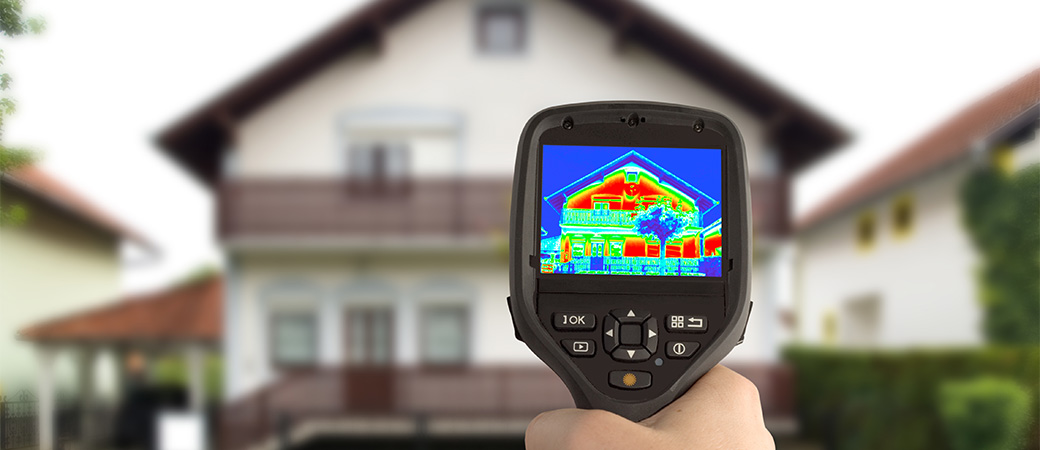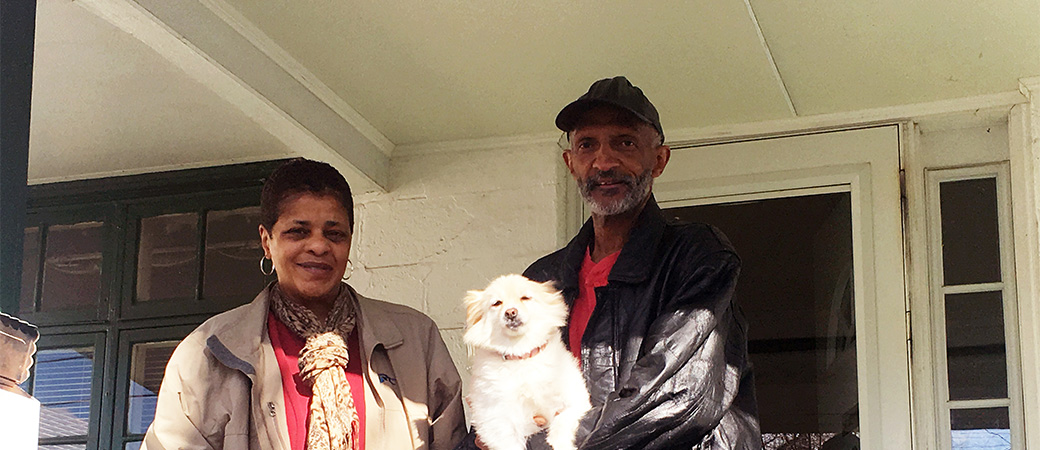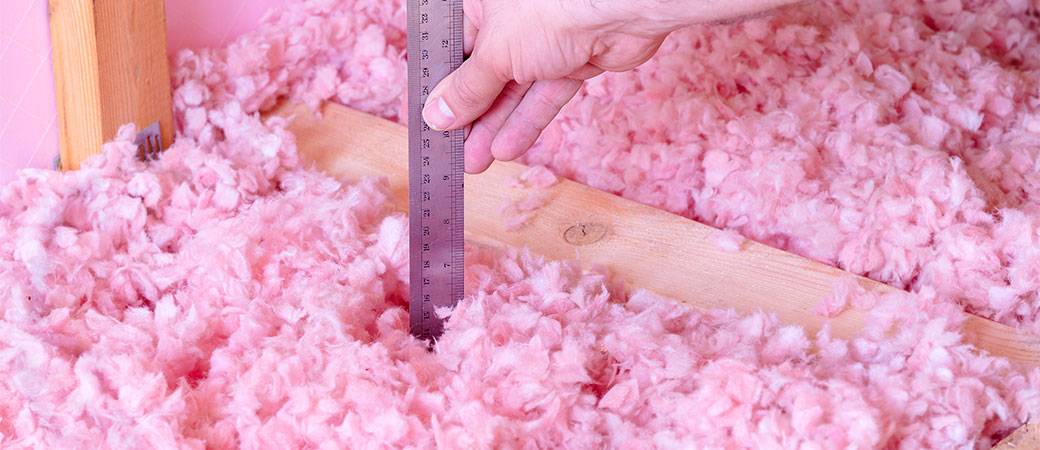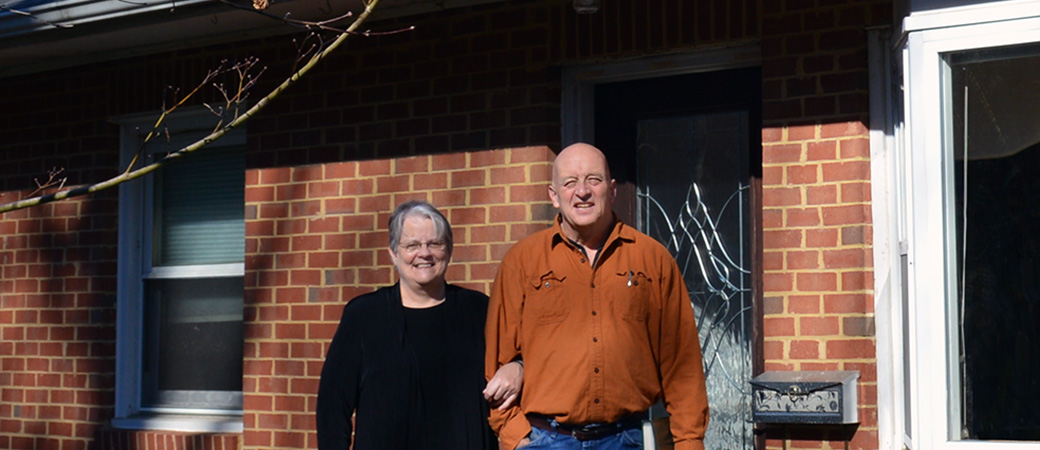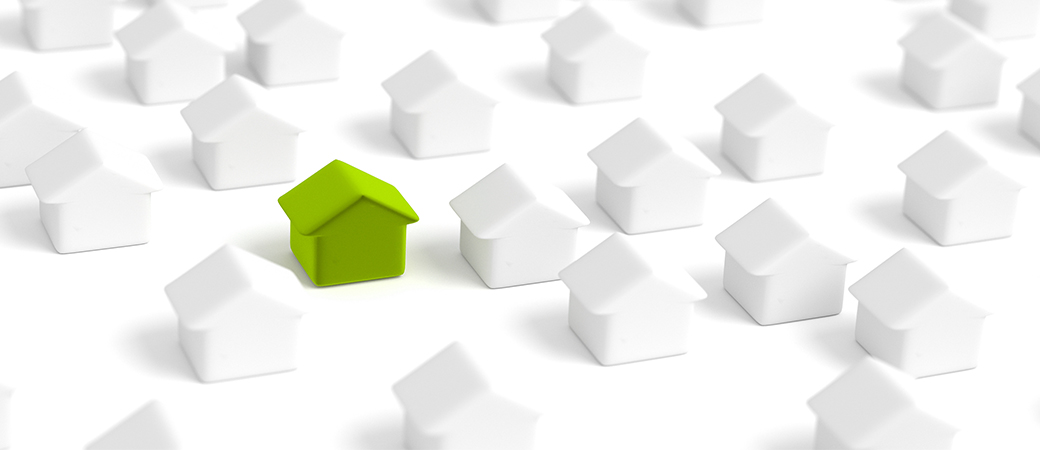School’s out for a long, hot, humid summer. But as you crank up your AC to beat the heat, there are myriad ways you can make sure your cooling bills don’t rise with the mercury. Before beginning your energy efficiency improvements, make sure to take stock of your home’s energy use with DIY energy assessment resources online (we recommend virginiaenergysense.org), or get a professional assessment from a local provider. Once you know where your home’s energy vulnerabilities and excesses are, take action to mitigate them with these free or low-cost, easy tips.
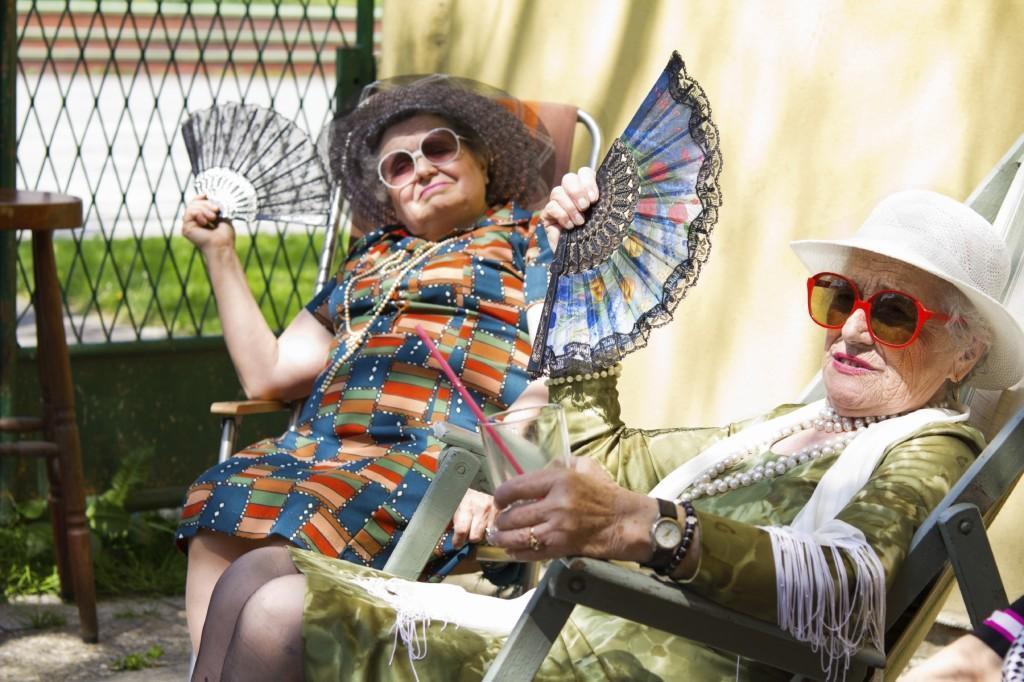
- Maintain Your Heating, Ventilation, and Air Conditioning (HVAC) System:
- Maximize airflow efficiency and air quality by changing your HVAC air filters a minimum of every 3 months. Dirty filters restrict airflow and can cause the system to run longer, increasing energy use. Replace filters according to package directions for maximum benefits, and don’t switch from flat to pleated filters without asking your HVAC contractor to adjust the system to match.
- Check that your HVAC is running quietly. If it sounds clanky, it may not be running efficiently. Have your HVAC checked at least once a year by a certified professional.
- Program Your Thermostat Strategically:
- Set your thermostat to 78 degrees when you are home and 85 degrees when you are away, especially when on vacation. Go one step further by using a programmable thermostat to work with your schedule to keep your home a few degrees higher when no one is home to avoidcooling an empty house.
- Could I just turn off the AC when I leave the house? It depends on your home’s specific tightness and humidity loads. Newer and tighter homes might stay cool for long periods of time. But for the average home in Virginia, we recommend setting your thermostat so that it still runs intermittently throughout the day in order to manage ambient humidity. Elevated humidity levels can cause mold, mildew, and other indoor air quality issues, so you will want to minimize it. Test for yourself to see what the optimal temperature setting is to keep moisture levels down, but aim for less than 60% relative humidity.
- Adopt Smart Home Habits:
- Use the microwave. Using the oven takes more energy and can end up warming your home during the summer months. Use the microwave instead to use 2/3 less energy and heat the food directly or grill outside.
- Use your ceiling fan to circulate air-conditioned air, helping you feel cooler at higher temperatures, while using 20 times less energy than air conditioners. Remember that ceiling fans cool you, not the room, so when you know you will be out for at least 30-45 minutes, make sure to turn the fan off to save energy.
- Decorate your interior with lighter colors. Doing so will make you feel cooler and deflect radiant heat.
- Use the exhaust fan or open the bathroom window while showering to send moist, hot air outside. Make sure to close the bathroom door so that humidity doesn’t enter other rooms in the house, and close the window once the room is ventilated.
Approximately half of your annual utility bill comes from heating and cooling your home. By caring for your HVAC system, monitoring your thermostat, and practicing energy-efficient habits throughout your home, you can stay cool this summer without breaking the bank.

